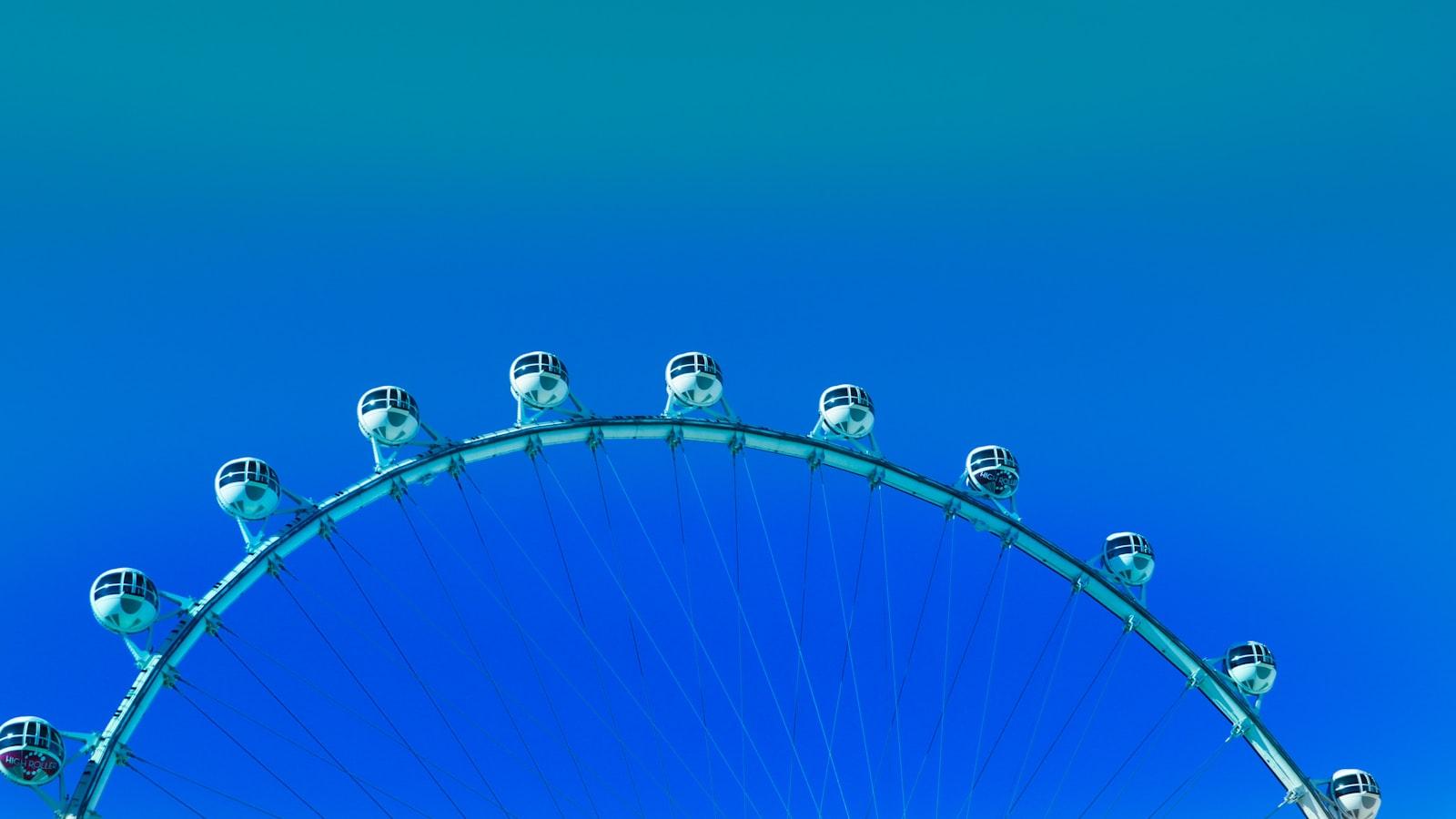Dungeons & Dragons Is a Household Name Again
In recent years, there has been a resurgence in the popularity of tabletop role-playing games (RPGs), and at the forefront of this renaissance stands Dungeons & Dragons (D&D). What was once often associated with a niche group of die-hard fans has now become a household name once again. With its rich lore, immersive gameplay, and an endless supply of creativity, Dungeons & Dragons has captured the hearts and imaginations of millions.
Dungeons & Dragons was first published in 1974 by Gary Gygax and Dave Arneson. The game quickly gained a dedicated following, with enthusiasts spending countless hours rolling dice and delving into adventures in the confines of the mythical realms. However, in the late 80s and 90s, D&D faced a decline in popularity due to various factors, including the rise of video games and the stigma attached to the game as being nerdy or only for a specific demographic.
Fast forward to today, and Dungeons & Dragons is experiencing a revival like never before. One of the key factors contributing to its newfound popularity is the rise of online platforms that allow players from all over the world to connect and embark on gaming sessions together. With the help of virtual tabletops and video conference tools like Roll20 and Discord, friends can share their imaginations and immerse themselves in the fantasy worlds of D&D, regardless of their physical location.
Another significant aspect of D&D’s revival is its broad appeal. D&D has broken free from its stereotypes and is attracting a diverse array of players. Gone are the days when it was solely the domain of socially awkward teenagers. Today, you might find celebrities, writers, and even professional athletes confessing their love for the game. Its appeal lies in its capacity to transport players into a world where they can be anyone or anything, forging deep connections with their characters and their fellow adventurers.
Moreover, D&D has found its way into popular culture, with references and parodies popping up in TV shows, movies, and books. Netflix’s hugely popular series Stranger Things prominently features a group of kids who bond over playing Dungeons & Dragons. This exposure has given the game a wider reach, as fans of the show were intrigued by the game’s role in the storyline and decided to give it a try.
The internet and social media have also played a pivotal role in bringing D&D back into the mainstream. Platforms like Reddit and Twitter have created vibrant communities where players share their stories, create content, and offer advice for newcomers. This digital camaraderie has fostered a sense of belonging and support, encouraging more people to explore the world of D&D.
Furthermore, Wizards of the Coast, the current publisher of Dungeons & Dragons, has made commendable efforts to revitalize the game. They have released accessible starter sets and rulebooks, along with various campaigns catering to different levels of experience. They have also collaborated with renowned game designers and authors to create new content, ensuring that the game remains fresh and exciting for both new and seasoned players.
Dungeons & Dragons is no longer the obscure and misunderstood game of the past. With its resurgence in popularity, it has firmly established itself as a cultural phenomenon. It has become a medium for storytelling, a way to connect with others, and a source of endless entertainment. Whether you are a bard serenading adventurers, a rogue sneaking through shadows, or a wizard conjuring mighty spells, Dungeons & Dragons offers a world where imagination knows no bounds, and that is why it is once again a household name.

